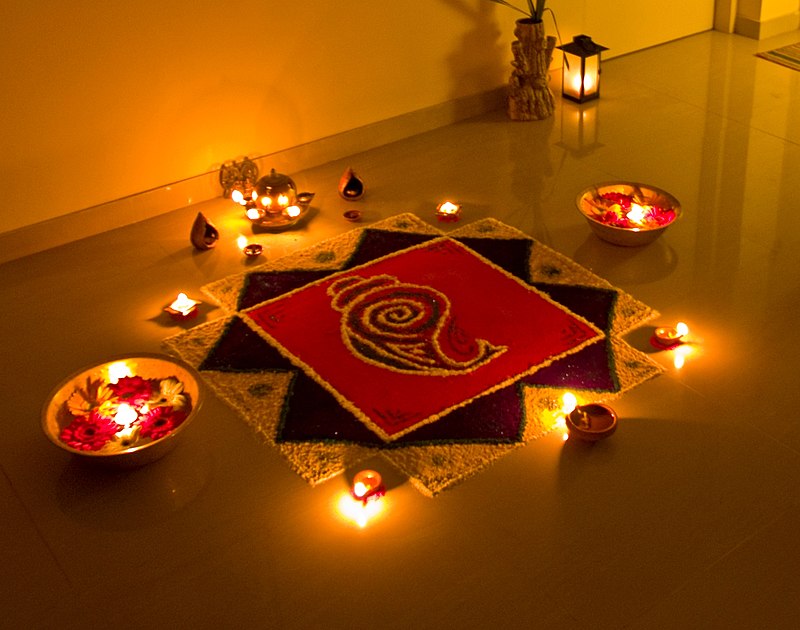
Poilievre announced that his party would not host its annual Diwali celebration, a notable event that typically draws significant participation from the Indian diaspora. This move has ignited a wave of criticism, particularly from community leaders and organizations who view the cancellation as a political maneuver rather than a genuine act of solidarity with the Indian community. Many community members had anticipated the celebration as an opportunity to foster cultural ties and highlight their contributions to Canadian society.
The tensions between Canada and India intensified following Prime Minister Justin Trudeau's allegations in the House of Commons, suggesting that the Indian government might have been involved in Nijjar's assassination. This accusation has led to a diplomatic standoff, with both nations expelling each other's diplomats and halting visa processing for citizens. The impact of these diplomatic rifts has been felt particularly strongly within the Indian community in Canada, where many members feel caught in the crossfire of political disputes.
Community leaders have expressed their disappointment, emphasizing that the Diwali celebration was more than just a festive gathering; it represented unity, culture, and shared values among Canadians of Indian descent. The cancellation has been perceived as a disregard for these sentiments and an indication that the political climate is overshadowing cultural celebrations. The Indian community has played a significant role in shaping Canada’s multicultural landscape, contributing to its economy and cultural diversity.
Political analysts note that the Conservative Party's decision to cancel the event may reflect a broader strategy aimed at distancing itself from the controversies surrounding the Trudeau administration. Poilievre's move could be viewed as an attempt to resonate with voters who feel disillusioned by the government's handling of international relations, particularly with India, which has long-standing ties with many Canadian citizens.
The ongoing diplomatic crisis has led to heightened scrutiny of Canada’s immigration policies as well. With the expulsion of diplomats and stalled visa applications, concerns have arisen regarding the future of Canadian-Indian relations. Many community members fear that the current situation may hinder their ability to connect with family and friends back home, impacting the familial and cultural ties that are often celebrated during events like Diwali.
Cultural organizations have rallied to express their discontent over the cancellation of the celebrations. They have organized discussions and forums to emphasize the importance of maintaining cultural traditions and fostering dialogue amidst political disputes. These initiatives aim to reaffirm the community's commitment to celebrating diversity while addressing the political complexities they face. The engagement of cultural leaders underscores a collective effort to ensure that the rich heritage of the Indian community remains recognized and celebrated, despite external pressures.
Grassroots movements within the community have begun to mobilize in response to the political situation. Social media campaigns and public demonstrations are being organized to advocate for a return to normalcy in diplomatic relations between Canada and India. These efforts emphasize the community's desire for dialogue and collaboration rather than confrontation, showcasing their role as peace-builders in a time of escalating tensions.
The Canadian government has faced calls for a reassessment of its foreign policy approach to India, especially regarding the balance between addressing security concerns and maintaining robust diplomatic and cultural relations. Community leaders stress that while national security is crucial, it should not come at the expense of cultural connections and celebrations that bind communities together.
The situation has prompted discussions about the representation of the Indian diaspora in Canadian politics. Leaders within the community are advocating for more engagement and visibility in political spheres, emphasizing the importance of ensuring that their voices are heard in discussions that affect their lives and cultural expressions. The Indian community has historically been active in political advocacy, and the current circumstances are motivating renewed efforts to assert their presence and influence.
